A short introduction on Bullet Journal aka BuJo. According to Ryder Caroll (creator of bullet journaling system), Bullet Journal „helps you track the past, order the present, and design your future.“
For me, it’s an analog system that helps you track mostly anything you want. So I think bujo is anything you want it to be. It’s a notebook where you list down all your tasks/to-do’s, write all your plans, your reflections, and also add different kinds of trackers you want like habit tracker, sleep log, mood tracker, water intake, and so much more. The important thing is don’t overthink or stress yourself. Also, don’t compare your bujo to others. Your bujo is for you.
I’ve been bullet journaling for almost 4 years now and it’s really effective for me. I’ve also tried almost all of the trackers/logs and most of them didn’t work out for me so I started using the ones that I really need.
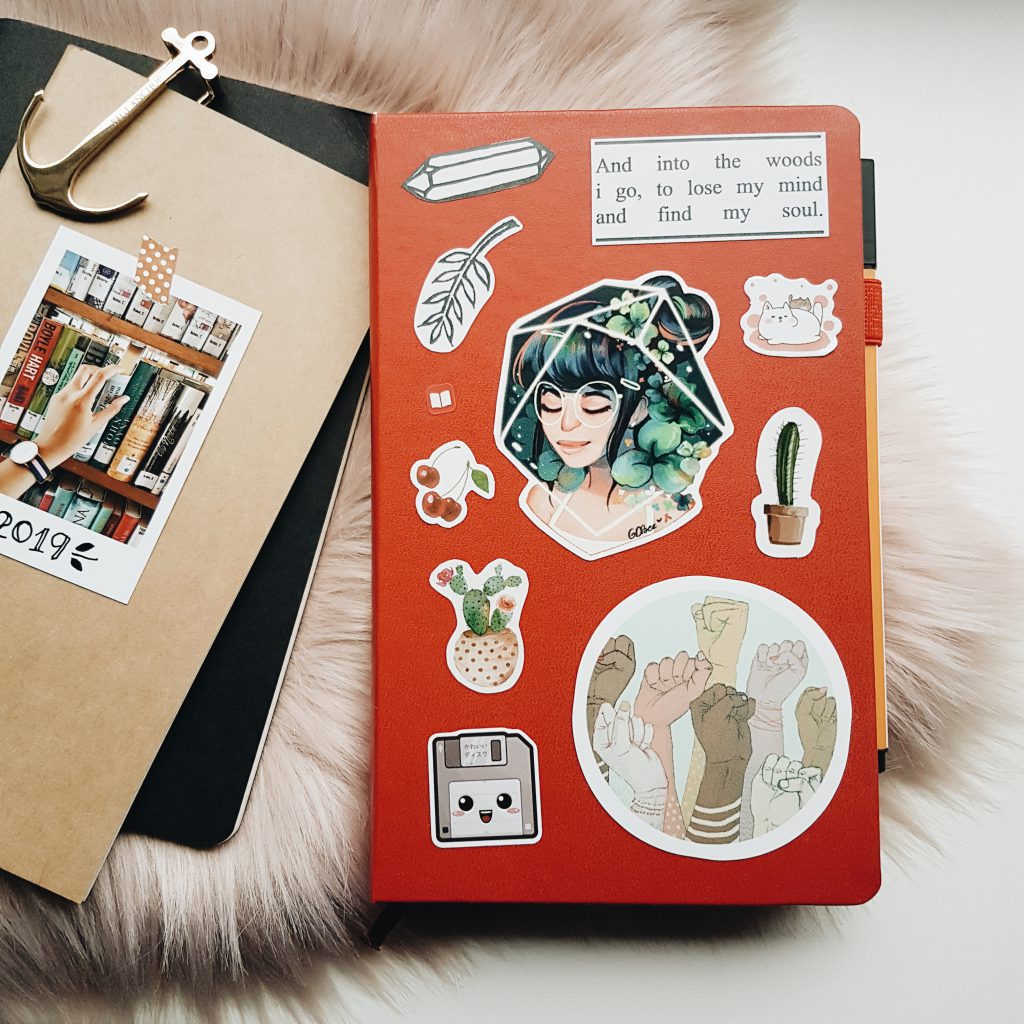
I’ve been using an A5 Leuchtturm1917 notebook in black eversince but this year I’ve decided to use a different one. My husband got me this A5 Moleskine hardcover (dotted) in red. It’s not as wider as the Leuchtturm notebook which is good. In terms of the notebook or paper quality, I think there’s not a lot of difference between the two.
If you want to start bullet journaling, I suggest you not to get a very expensive notebook. You can treat yourself for some fancy notebooks later on. I started bullet journaling back in 2014 with a 3€ notebook and it was enough because that time, I wasn’t sure if the bullet journaling system would work out for me. Luckily, I ended up loving it. When it comes to pens, choose the ones that you already have or simply use your favorite pens. You can also use some highlighters or colored pens.
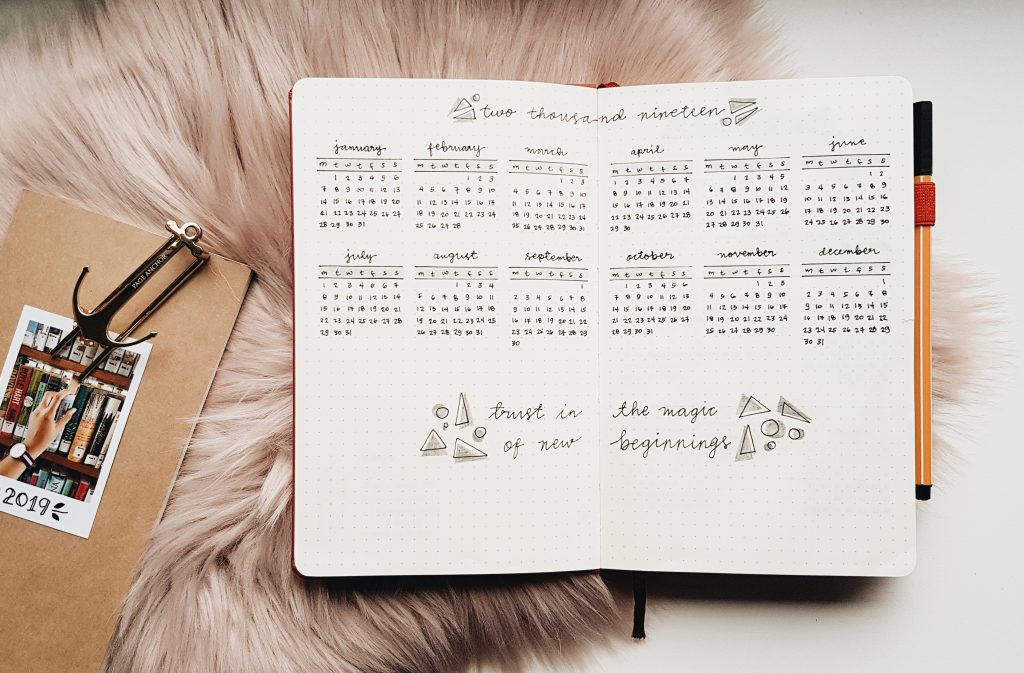
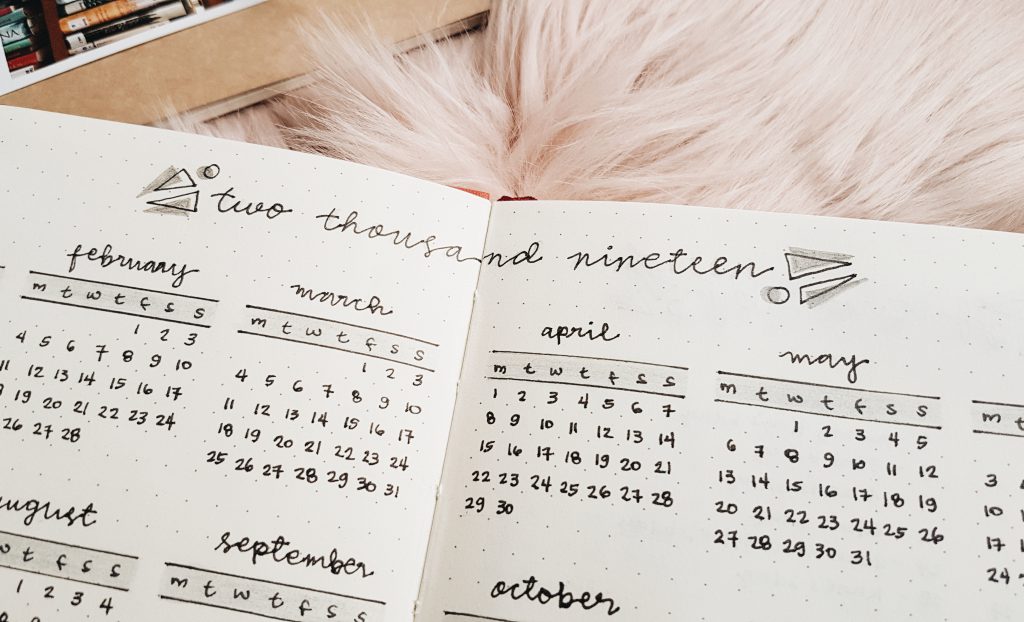
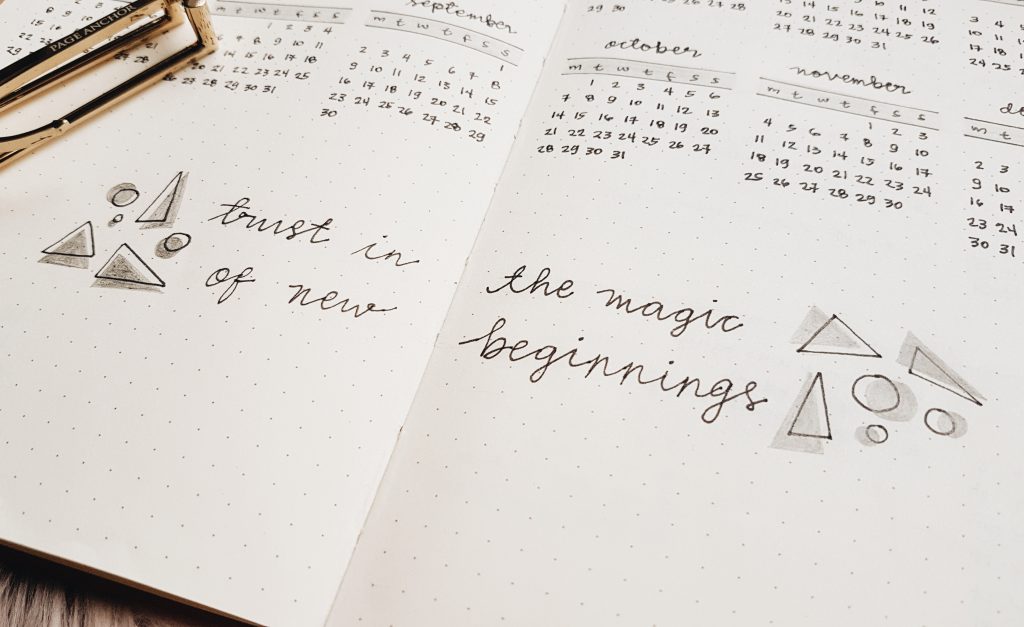
I love having an overview of the year on my bullet journal. It’s one of my favorite bujo spreads. This helps me a lot especially when I’m setting up my monthly spread because I don’t have to check the calendar on my phone. It’s quite tricky to make this one so I suggest that you use a pencil first.
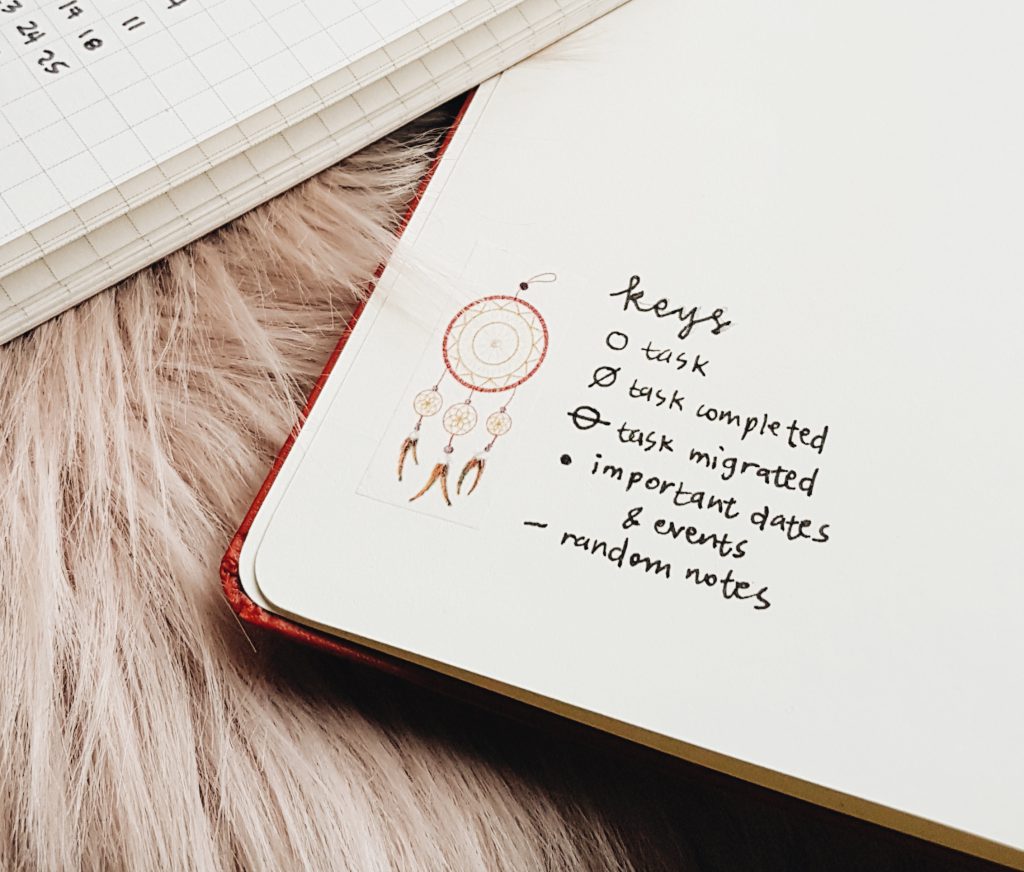
My bullet journal key is pretty simple. You can, of course, create your own symbols. Just make sure to remain consistent so you will not get confused.
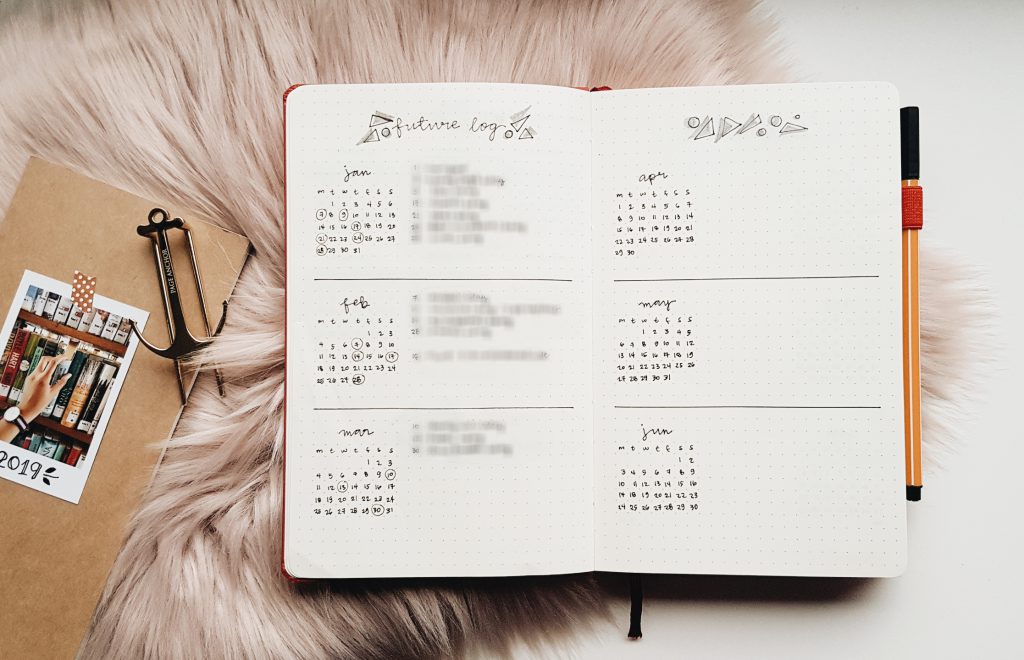
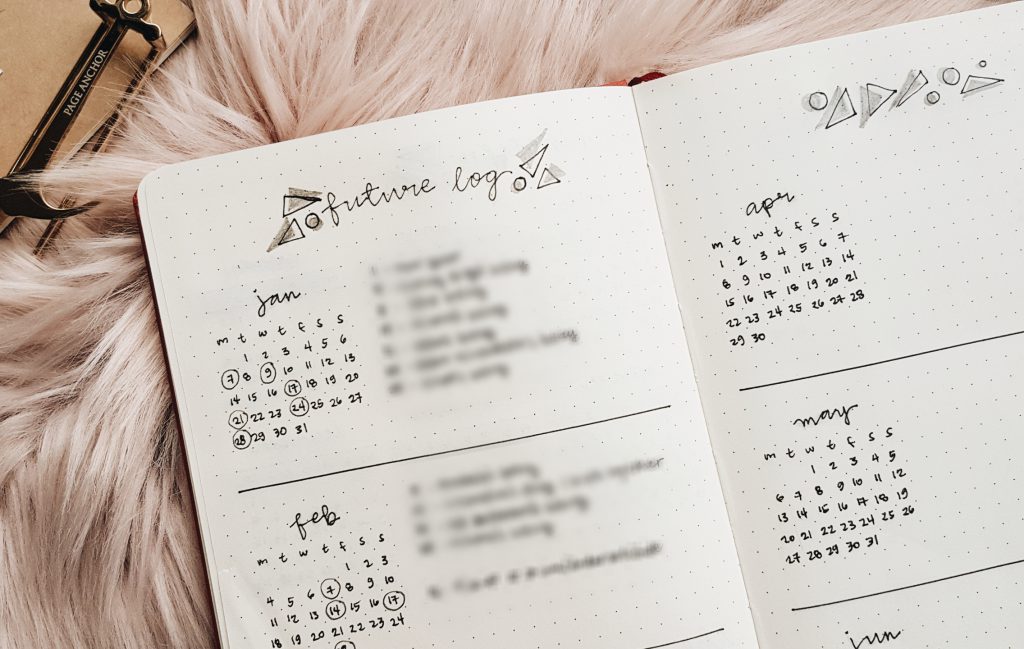
The Future Log is pretty self-explanatory. This is where I log important dates for the whole year such as birth dates, important appointments, events, and also the beginning of each seasons.
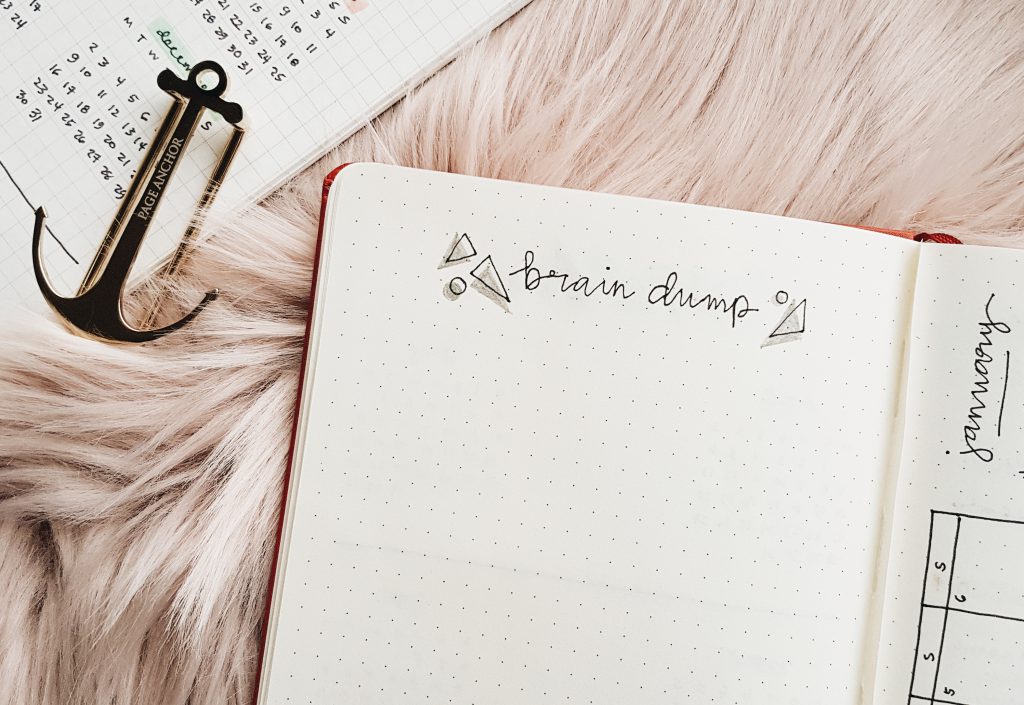
This is the first time that I’m using a brain dump page on my bujo. I want to write my ideas for blog posts, videos, and photos on this page.
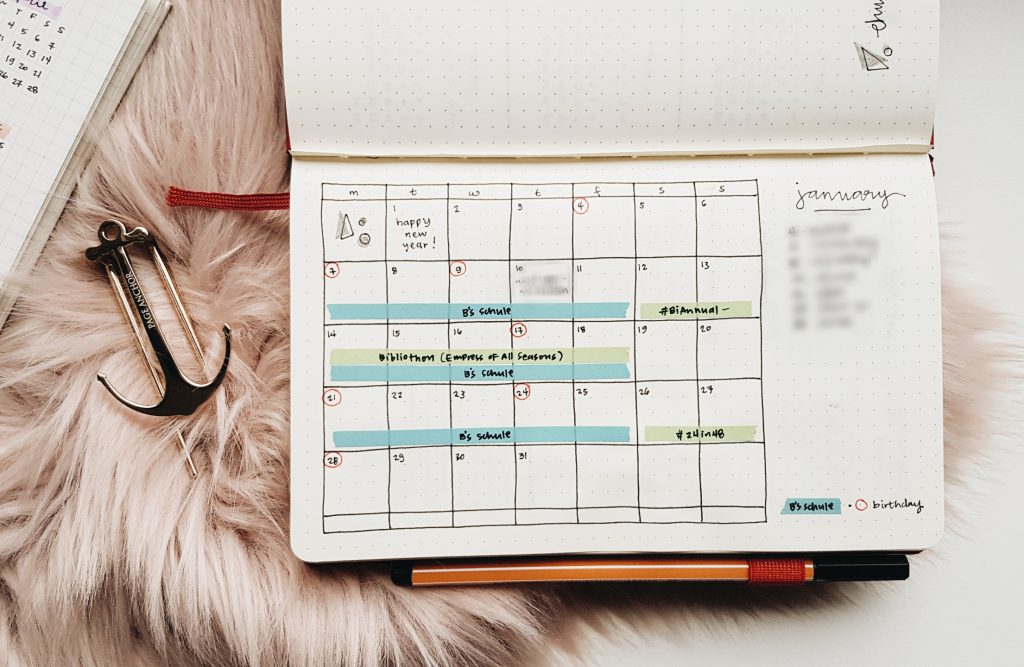
I always use different layouts for my monthly log. It really depends on my mood.
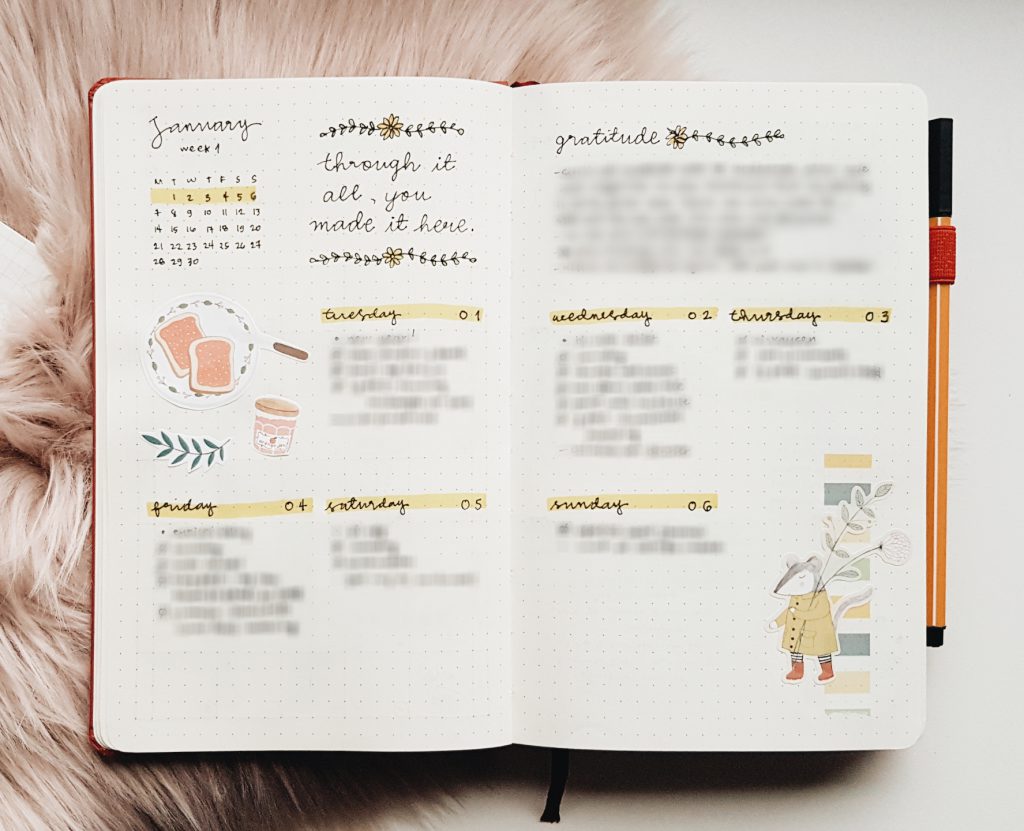
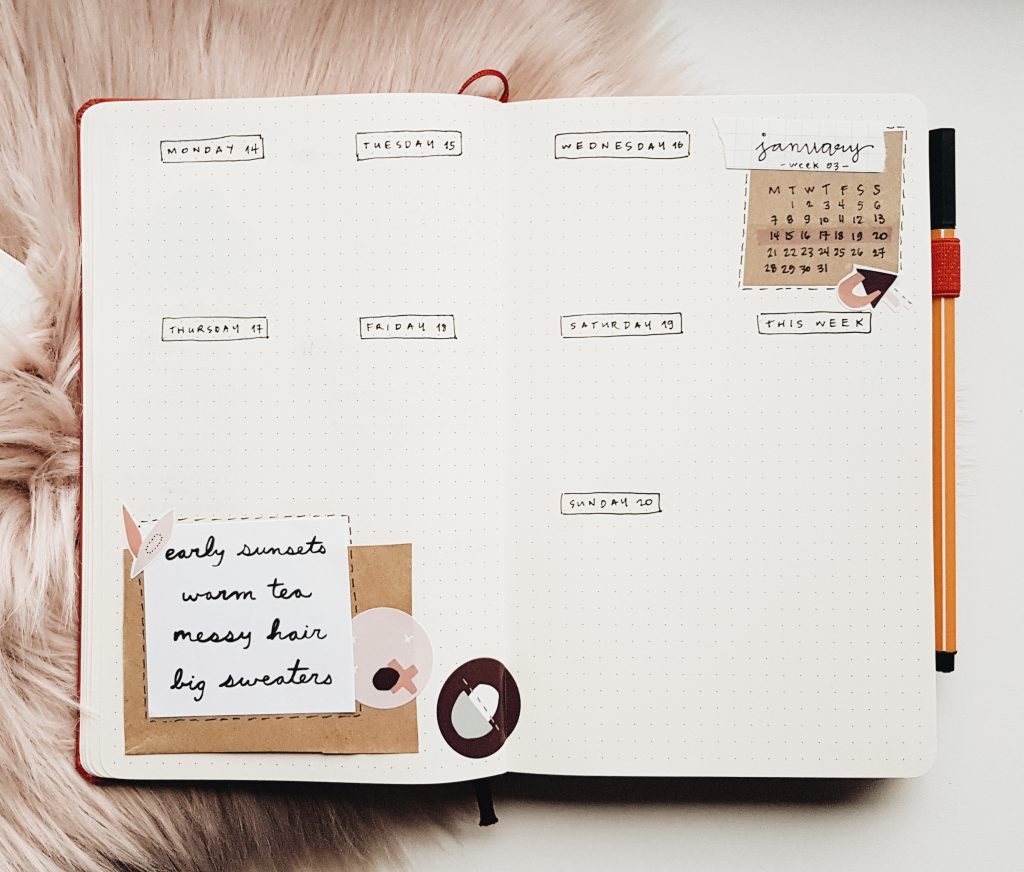
My weekly log consists of my daily tasks/to-do’s, weekly overview, gratitude log, and weekly habit tracker. I also decorate the pages with quotes, song lyrics, stickers, washi tapes, and photos. Another suggestion, don’t make your weekly/daily log way ahead of time especially if you’re like me who is moody and loves to add decorations. I usually do it every Sunday night and add my daily tasks every morning.
MY 2019 READING TRACKERS
Now let’s get to the bookish part! I get a lot of questions regarding on how my reading tracker/journal works so I hope that I’ll be able to answer them in this blog post.
This year I’ve decided to seperate my reading trackers from my bullet journal. I’m using a traveler’s notebook insert (grid) that I got from InkJournie last year. I like it because it’s convenient and I can always bring it with me.
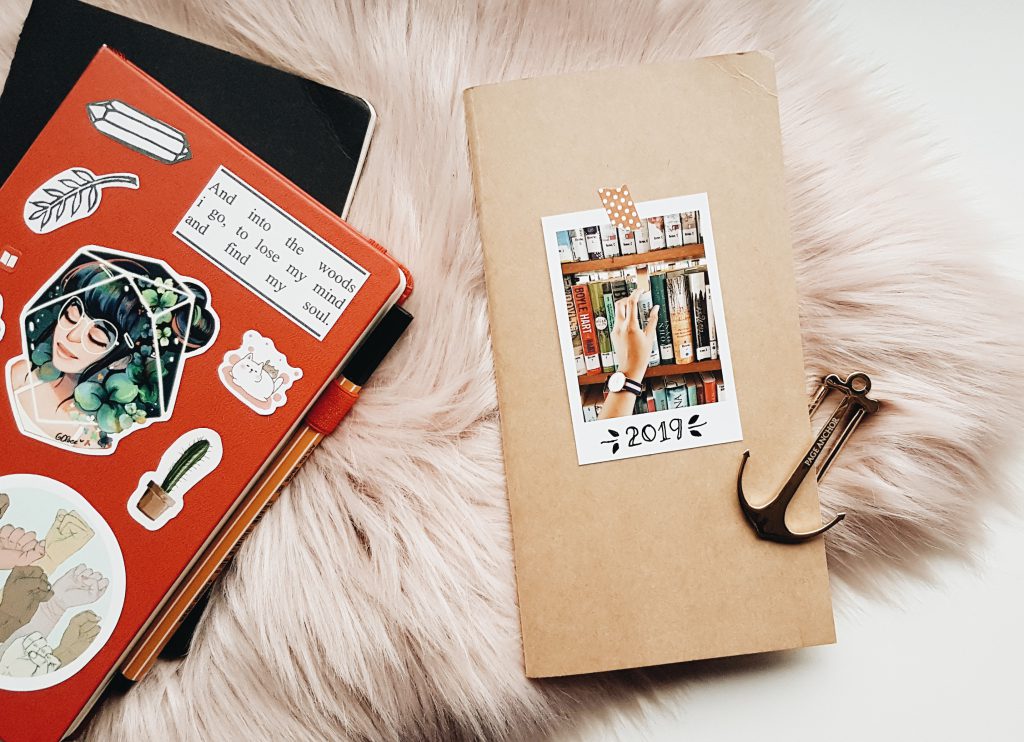
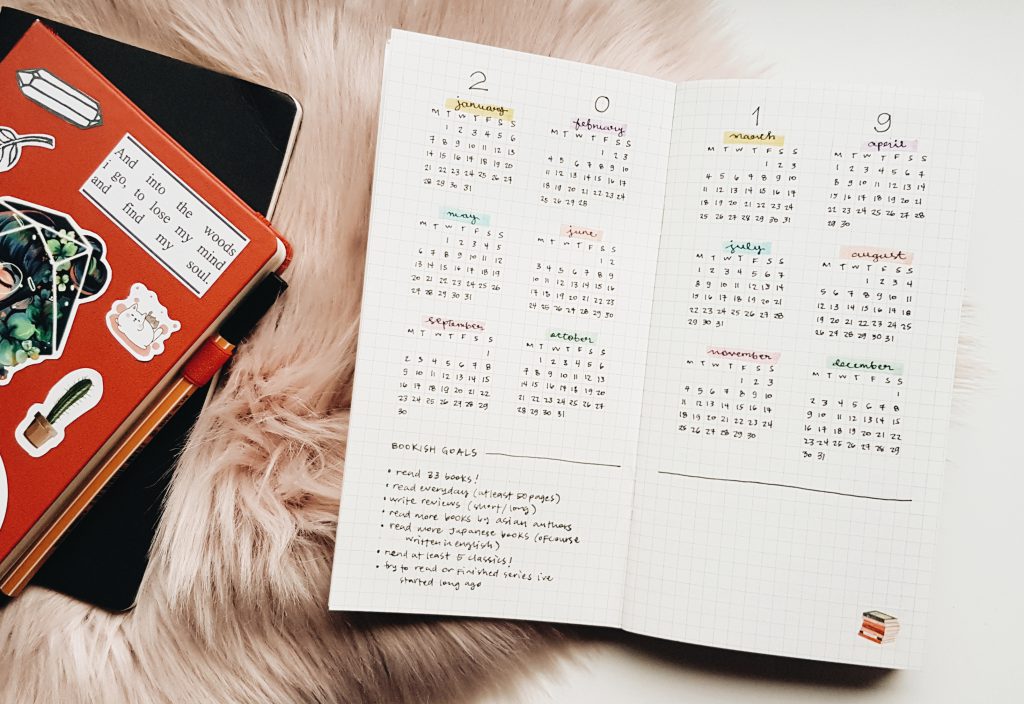
Of course, I added a 2019 calendar and some of my bookish goals.
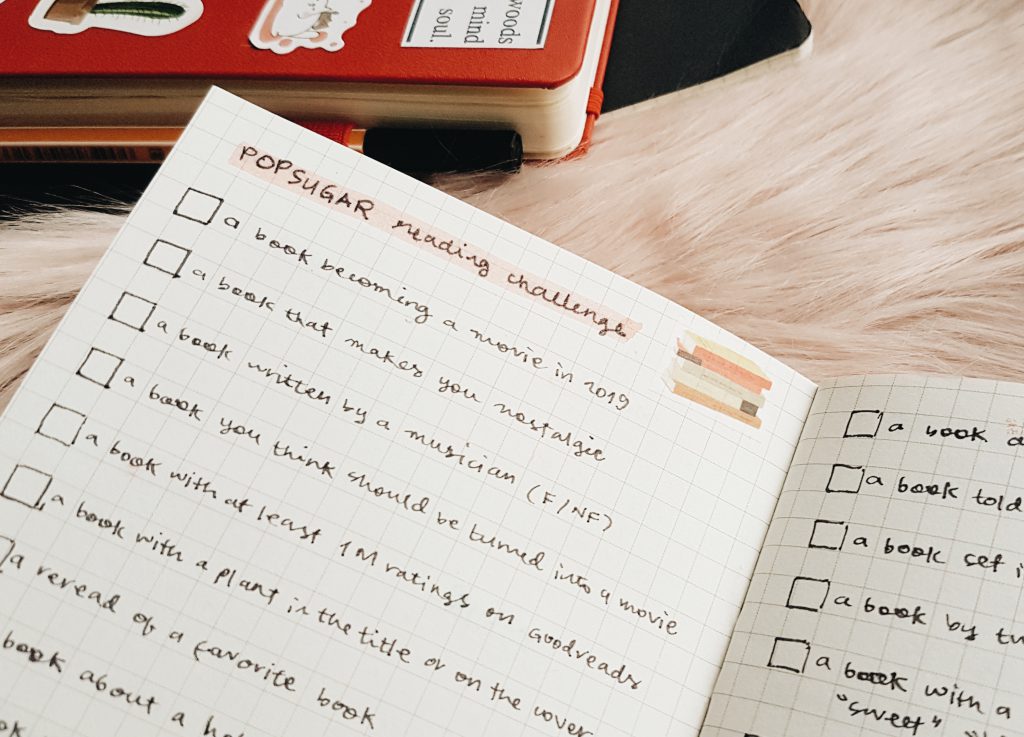
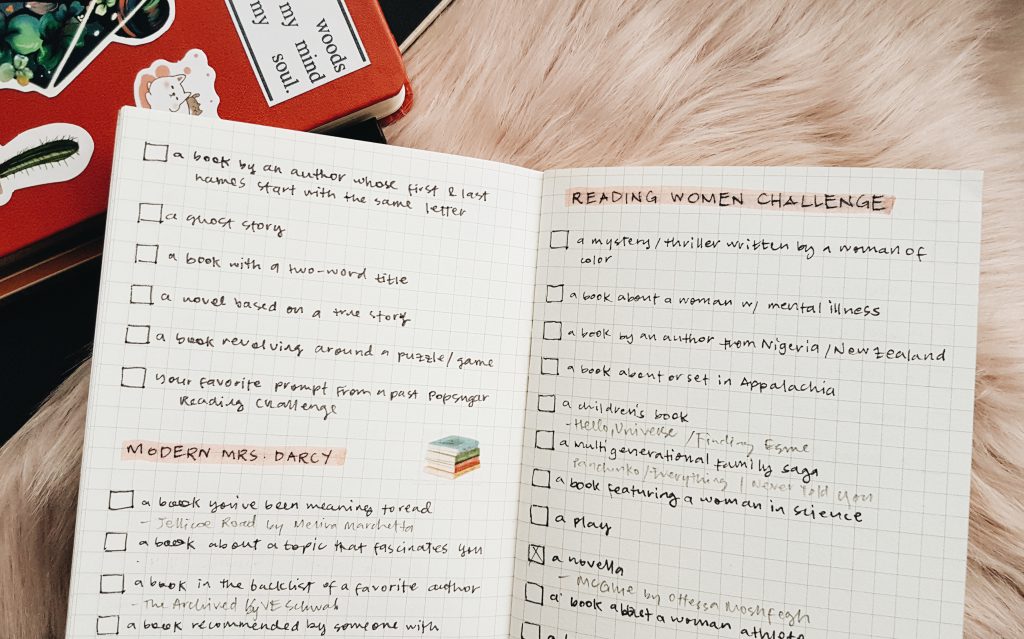
These are my trackers for the reading challenges that I’m participating this year. You can check out my complete list here.
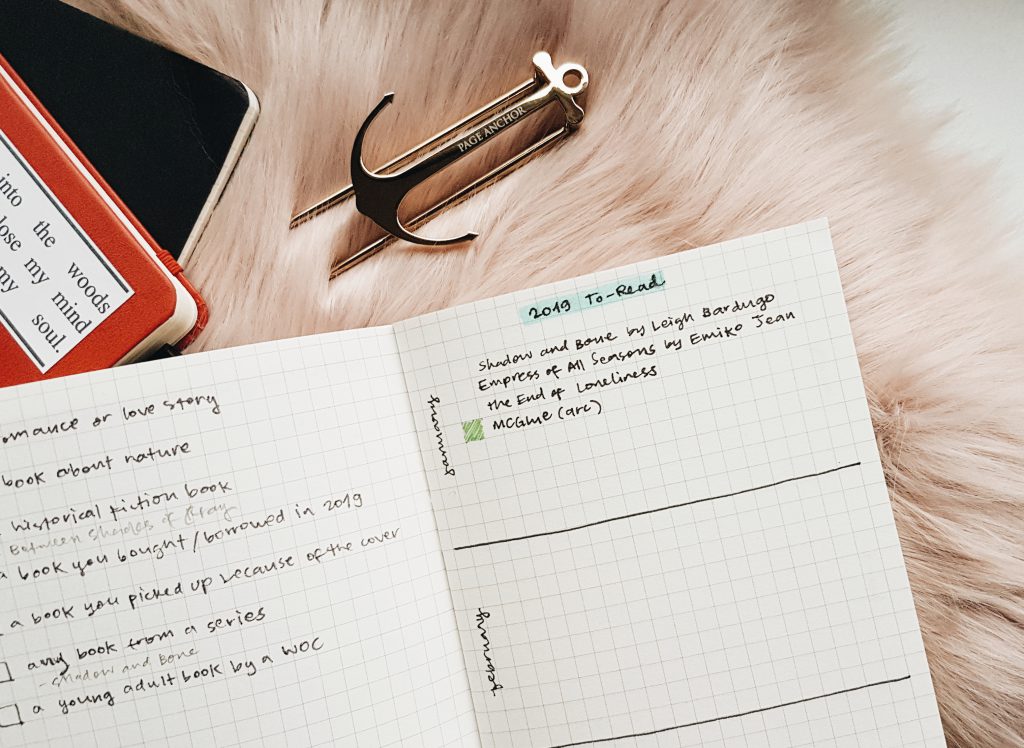
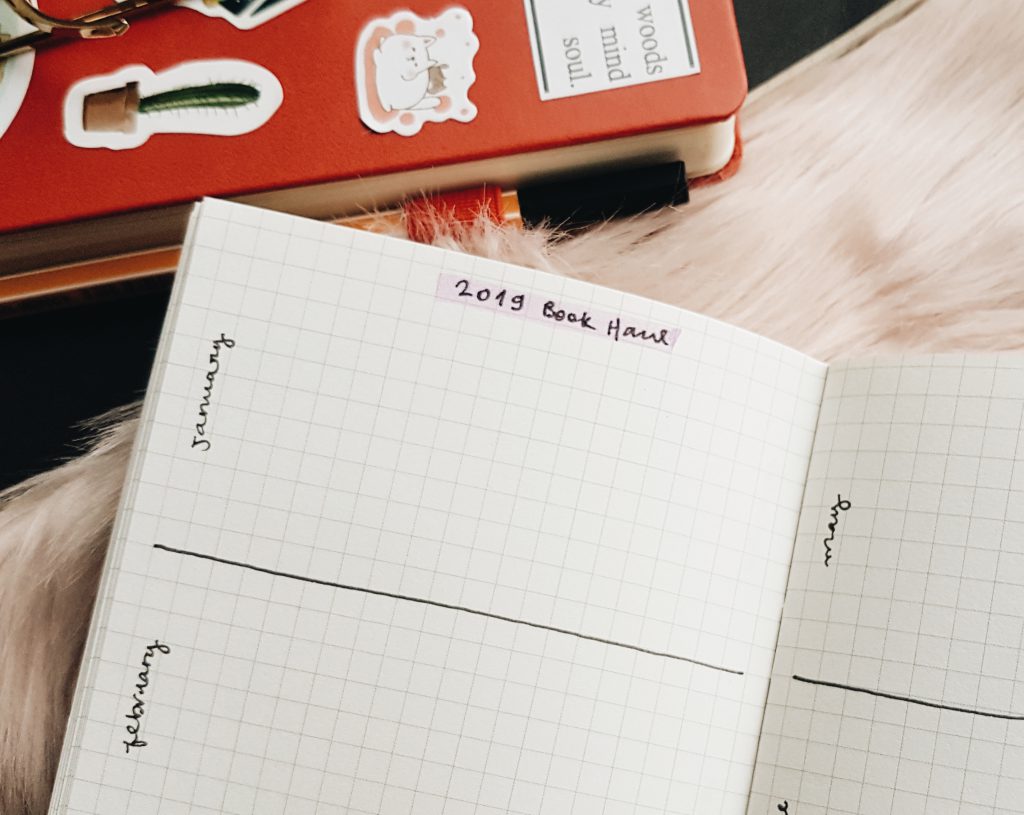
I’m using the same layout for my monthly TBR and Book Haul list.
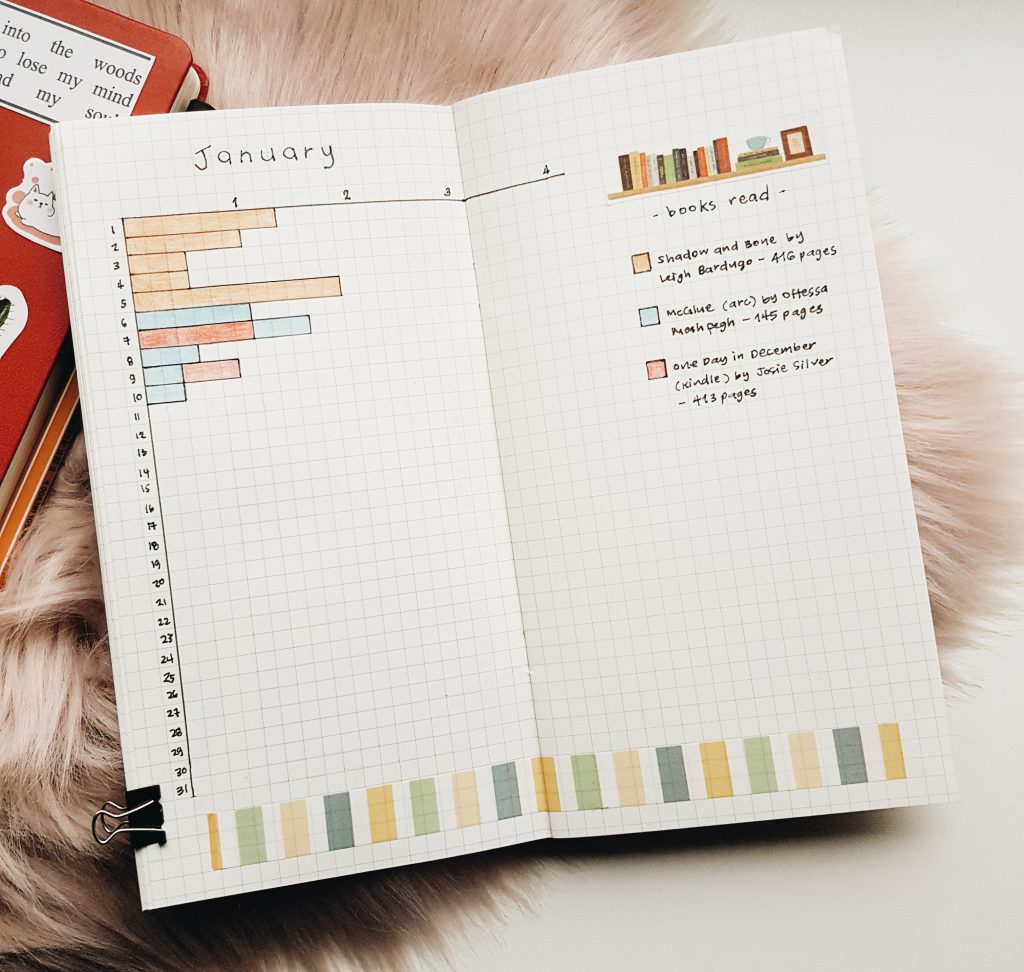
Here’s my monthly reading tracker inspired by Lotte, one of my favorite bookstagramers. It’s really easy to use and I love it. I used to track the exact number of pages I read daily but it’s quite complicated for me to do it especially with audiobooks and ebooks.
How I use my tracker? The numbers on the left (vertical) are the days of the month and the numbers 1 to 4 (vertical) are the number of hours I read. One square (of the grid) is equal to 10 minutes. On the right side is the list of books I’m reading (or read). I use the color coding system so it’s easy to track the titles.
How do I track the hours? I use the Forest app especially if I want to really focus on reading and don’t want to be disturbed by my phone. I also use the stopwatch on my phone’s clock app.
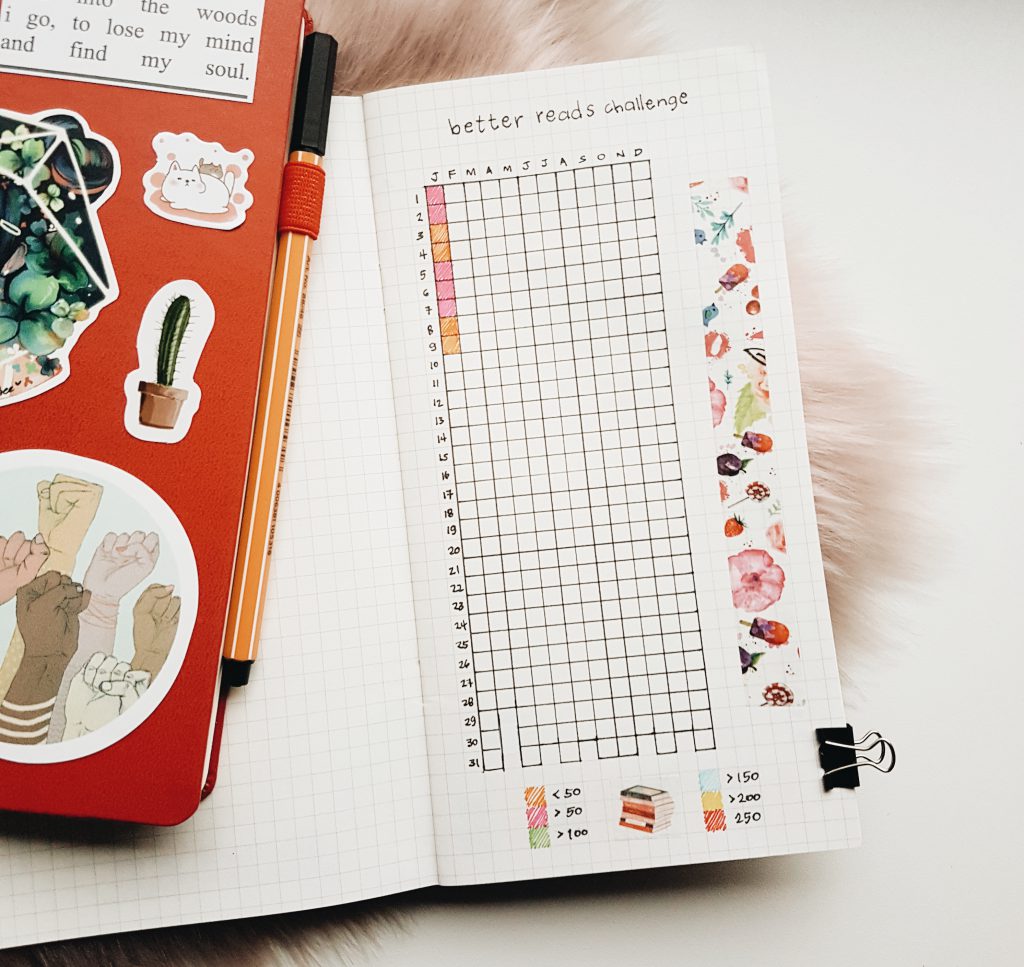
Here is another tracker that I’m using for the #BetterReadsChallenge and it’s inspired by Year in Pixels chart by PassionCarnets. The Year in Pixels is originally a chart where you track your daily mood for the whole year. I tried this before but it didn’t work out for me so I’ve decided to use it differently.
The main goal of TheGuywiththeBook’s #BetterReadsChallenge is to simply read every single day for the whole year. You get 1 point for each day that you read. Based on the photo above, I now have 9 points out of 365 (or 9/365).
How I use my tracker? The numbers on the left (vertical) are the days of the months and the letter (vertically) are the initial letters of the months. I also use the color coding system to track the number of pages (approximately) that I read in a day. Orange is less than 50 pages read, pink is more than 50 pages, green is more than 100 pages, and so on and so forth.
I think this is a fun way of tracking my daily reading. Also, I love coloring stuff so this tracker really inspires me to read more daily.
There you go, guys! I really hope that this post is very helpful. Don’t hesitate to ask me questions if you have any. Have a great week! ♥
Always,
![]()
GOALS GOALS GOALS 💙 Thanks for sharing, Ate Kath!